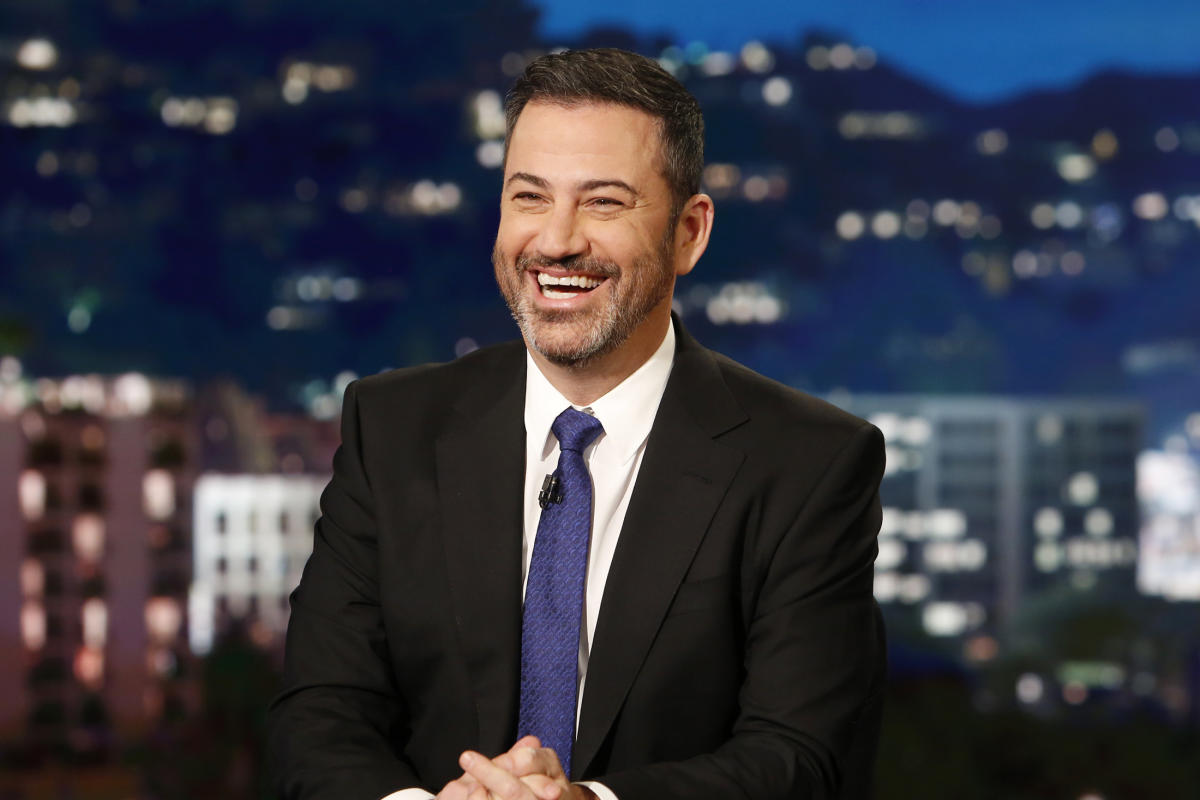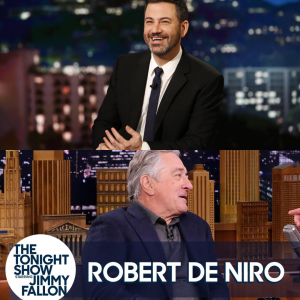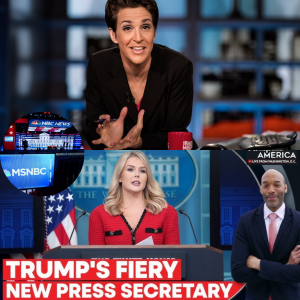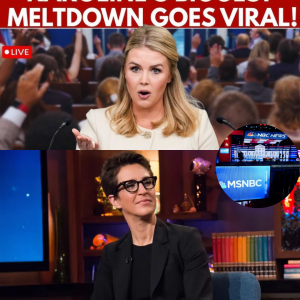A Return as Performance
When Jimmy Kimmel walked back onto his stage on September 23, it was not just another late-night monologue. It was, in effect, a referendum on whether satire could survive in a political environment where regulators, affiliates, and presidents weigh in on jokes as if they were policy.
Kimmel had been suspended for a week, punished after a swirl of affiliate boycotts and an ill-considered podcast remark from Federal Communications Commission chairman Brendan Carr, who warned that Kimmel could be dealt with “the easy way or the hard way.” The language was the sort of thing Americans expect to hear from a Scorsese character, not a federal regulator.
So when Kimmel returned, he leaned into the absurdity. He recruited Robert De Niro — the quintessential mob-movie icon — to play Carr as if he were a mafia don.
De Niro as Carr: A Mob-Boss Regulator
Introduced as the “new chairman of the FCC,” De Niro entered with the menace of a Goodfellas capo. His version of Carr explained that speech was no longer free:
“Shut the [bleep] up. Speech ain’t free no more — we’re charging by the word now.”
When Kimmel asked about the rules, De Niro’s Carr laid out the arrangement: flattering the president would buy you indulgences. Mocking him would cost you “a couple of fingers, maybe a tooth.”
The sketch ended with Kimmel noting how surreal it was that a real official had chosen to speak in the language of coercion. “If you want to hear a mob boss make a threat like that, you have to hide a microphone in a deli and park outside with a tape recorder all night. This genius said it on a podcast.”
It was a gag, but also an argument: that the casual use of mafia-style rhetoric by people in power makes the line between regulation and intimidation uncomfortably thin.
Why De Niro Worked
The decision to cast De Niro was not a gimmick. It was an act of cultural shorthand.
Mob-Movie Legacy: Few actors embody the energy of a mob boss like De Niro. His presence carried decades of cinematic resonance, collapsing the distance between art and politics.

Political Voice: De Niro has been one of Trump’s most consistent Hollywood critics. His cameo tied the satire to larger debates about the Trump era, free speech, and political intimidation.
Cultural Weight: De Niro elevated the sketch beyond comedy. His appearance made the bit feel less like late-night ephemera and more like cultural theater.
This is Kimmel’s trademark. For two decades, he has enlisted stars to make political satire feel cinematic, whether spoofing The Avengers or staging elaborate feuds with Matt Damon. De Niro’s cameo was part of that lineage, but sharper.
The Mob-Boss Metaphor
What gave the sketch its sting was not simply the laugh lines but the metaphor it extended.
Carr’s remark — “the easy way or the hard way” — already sounded like a mobster’s ultimatum. By reimagining him literally as a mob boss, Kimmel and De Niro exposed the authoritarian undertones in language that might otherwise be shrugged off as bluster.
Satire works best when it makes the familiar strange, and the strange familiar. Here, the strangeness of a federal regulator speaking like a mafioso became clear when placed in De Niro’s mouth. The joke made Carr’s words harder to dismiss as a slip of the tongue. They now looked like a symptom of how power talks when it no longer worries about being subtle.
Late-Night as Political Theater
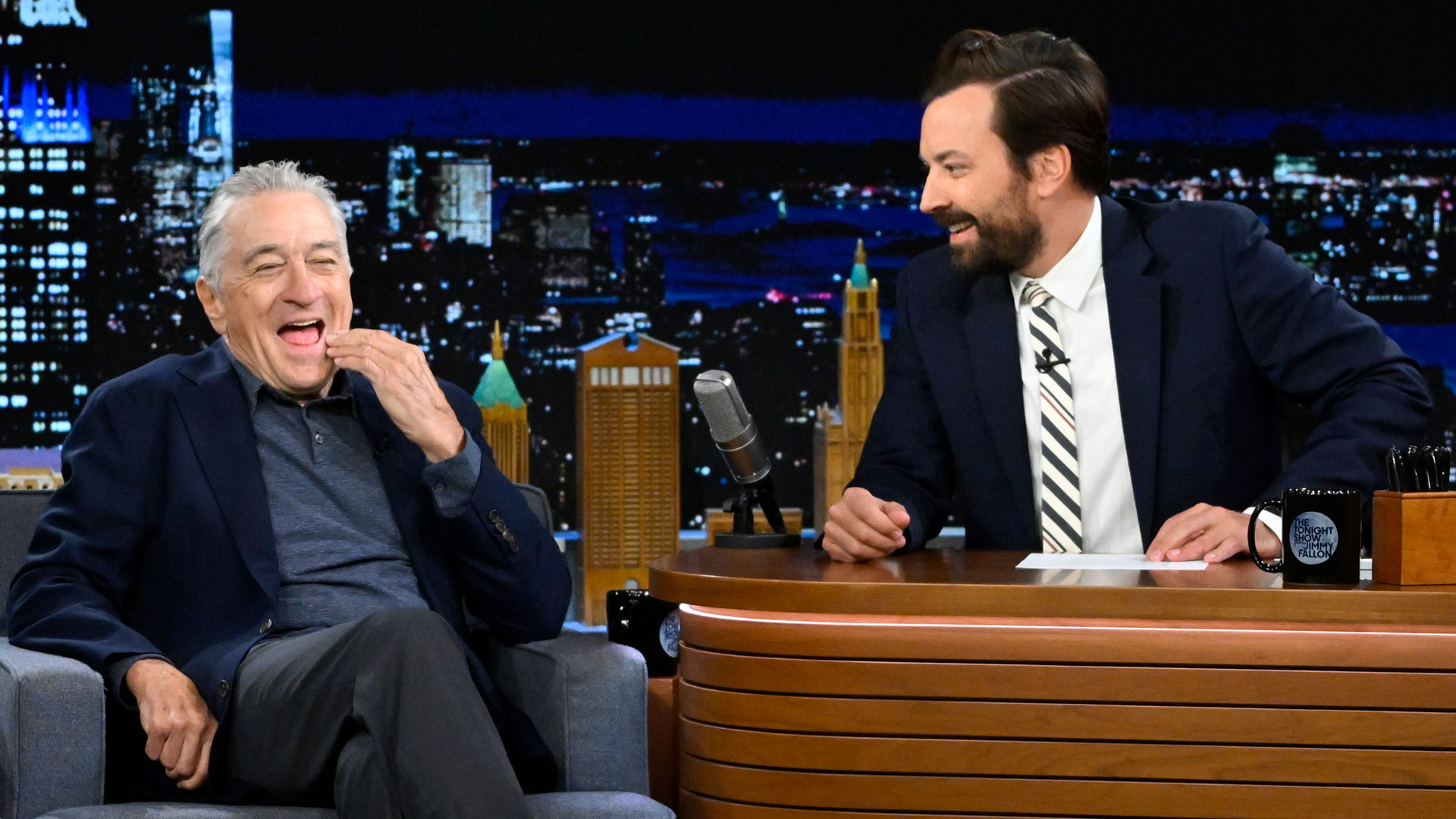
Late-night television has always doubled as cultural theater. Johnny Carson avoided explicit politics, but even his raised eyebrow could puncture authority. Jon Stewart turned the format into a seminar on media literacy. Stephen Colbert has made his entire show a study in political confrontation.
Kimmel’s use of celebrity cameos is his own version of that tradition. In the past, it was Damon or Affleck, Hanks or Streep. This time, it was De Niro. The device is the same: import Hollywood glamour to underscore the seriousness of a joke.
The risk, of course, is that satire becomes spectacle, the politics lost in the performance. But in moments like this, the two work together. De Niro’s presence amplified the absurdity of Carr’s words and made them resonate beyond Washington insiders.
Why It Landed
The mob-boss sketch worked because the context was already surreal.
Carr’s remark coincided with Sinclair and Nexstar announcing they would stop carrying Jimmy Kimmel Live!.
ABC suspended the show for five days under pressure.
The FCC chair’s phrasing was criticized across the political spectrum as wildly inappropriate.
In other words, the line between politics and parody was already blurred. De Niro merely sharpened the focus.
The studio audience’s laughter was cathartic, but it was also a kind of recognition: the line between intimidation and governance is easier to grasp when it is played out as farce.
Cultural Significance
The real story is not the sketch but what it signals.
America is in a moment where the language of power increasingly borrows from the language of threat. Politicians talk like strongmen; regulators talk like mobsters; presidents describe the press as enemies. Against that backdrop, satire becomes not just entertainment but a civic exercise — a way of reminding audiences what words actually mean.
De Niro’s parody matters because it reminds us that rhetoric is not harmless. It shapes how institutions behave and how citizens perceive legitimacy. When officials sound like gangsters, they risk making governance look like extortion.
Late-night satire, for all its flaws, remains one of the few places where that slippage is both exposed and ridiculed in real time.
The Return of Satire Under Pressure
Kimmel’s suspension had raised the question of whether corporate networks could withstand political pressure in an age of outrage. His return, framed by De Niro’s sketch, offered a partial answer: satire survives by absorbing pressure and spitting it back out as parody.
It was not just comedy. It was a signal to viewers — and perhaps to regulators — that jokes can outlast intimidation.
Jimmy Kimmel’s return was never going to be just another late-night show. It was a performance about performance, a reminder that comedy can still reveal truths that politics prefers to obscure.
By casting Robert De Niro as Brendan Carr, Kimmel turned a bureaucrat’s bluster into a mob boss’s threat — and in doing so, reminded audiences why satire matters.
In an America where officials sometimes sound more like gangsters than guardians, comedians will always be the first to point it out.
And when they do, it is no longer just late-night comedy. It is cultural analysis in disguise.
